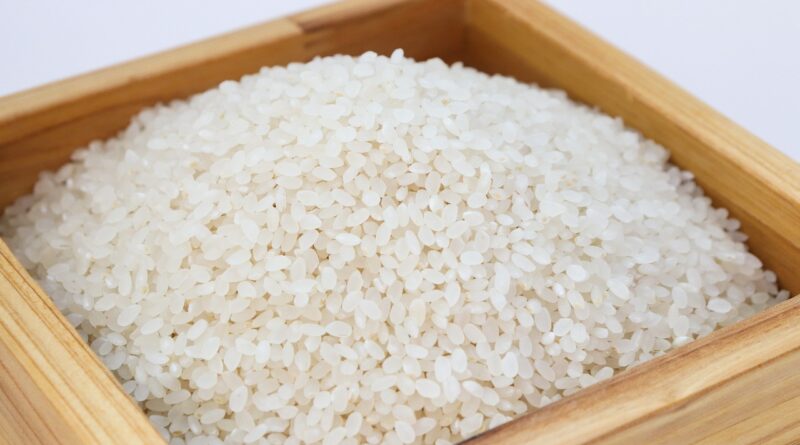ASEAN-India focus on rice, millets to ensure food security
By PTI
Agreeing to exchange information on rice and acknowledging the multiple benefits of millets, the ASEAN-India Summit held here on Thursday decided to strengthen cooperation on food security and nutrition through promoting mutual trade and investment.
The Member States of the Association of Southeast Asian Nations (ASEAN) and India in the ‘ASEAN-Indian Joint Leaders’ Statement on Strengthening Food Security and Nutrition in Response to Crises’ declared to “exchange information on national policy frameworks, particularly for rice and other priority crop commodities.” Rice is a staple and critical component of regular diet for billions of people across Asia. The challenges are many, including the changing climatic conditions, especially lower rainfall that has shrunk rice production, and other factors.
In his address at the 20th ASEAN-India summit here in the Indonesian capital, Prime Minister Narendra Modi described the 10-nation grouping as the epicentre of growth as the region plays a crucial role in global development.
The statement also welcomed the ‘ASEAN Leaders’ Declaration on Strengthening Food Security and Nutrition in Response to Crises’ adopted on September 5, 2023, and committed to maintaining and supporting ASEAN as the epicentrum of global growth and “to increase concerted efforts between ASEAN and India in sustaining supply in the food trade supply chain despite disruptions.” Through the September 5 statement, the ASEAN nations had agreed to ensure “unimpeded trade and flow of agri-food products and essential farm inputs” by facilitating logistics and transport distribution, refraining from imposing unjustified trade barriers, restrictions and other trade-distortive measures.” The ASEAN-Indian Joint Leaders’ Statement also acknowledged the nutritional richness, climate resilience, health benefits and ecological sustainability of millets.
“(The ASEAN-India) support efforts to mainstream the cultivation and harvesting of millets for ensuring global food security, promoting biodiversity and transforming agri-food system,” the statement read as the focus on millets coincided with the International Year of Millets with millets use and production pushed globally and domestically by Prime Minister Narendra Modi.
The members of the ASEAN recognised the inter-connectedness and vulnerabilities of the Indo-Pacific region in the face of regional and global challenges, such as the multidimensional impact of the COVID-19 pandemic, climate change, heightened volatility in the global financial market, and geopolitical tensions that impact among others, the global food and energy security, “all of which could potentially affect economic and trade relations between ASEAN and India.” As per preliminary ASEAN data, the two-way merchandise trade between ASEAN and India reached USD 77.0 billion in 2019, while total FDI inflows from India amounted to USD 2.0 billion, placing India as ASEAN’s sixth-largest trading partner and eighth-largest source of FDI among ASEAN Dialogue Partners.
Aimed at strengthening cooperation on food security and nutrition, through promoting trade & investment, and sharing of information, experience, and best practices in the food, agriculture, forestry, and fisheries sectors, the ASEAN-India Joint Leaders’ Statement said it also agrees to “encourage financing climate-friendly technologies.” These climate-friendly technologies would be encouraged in partnership with Multilateral Development Banks and development finance institutions on ASEAN-India mutually agreed terms, and adopting a climate-smart approach based on agricultural system models for sustainable agricultural production, the statement said.
This article has been republished from The Telangana Today

